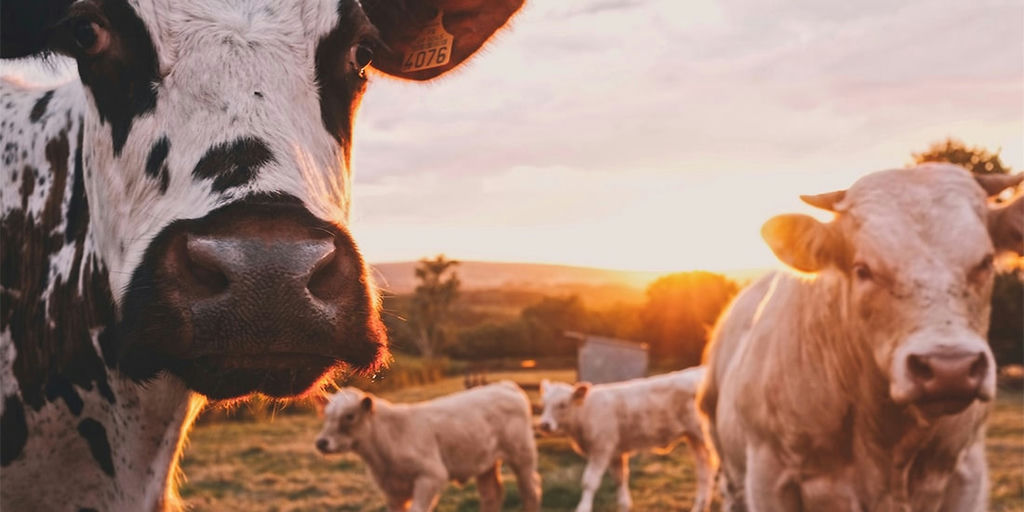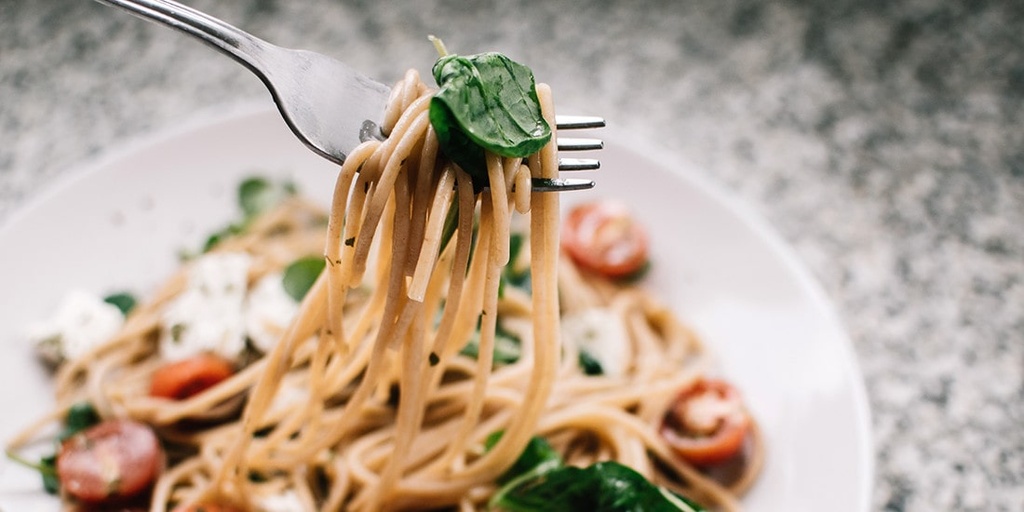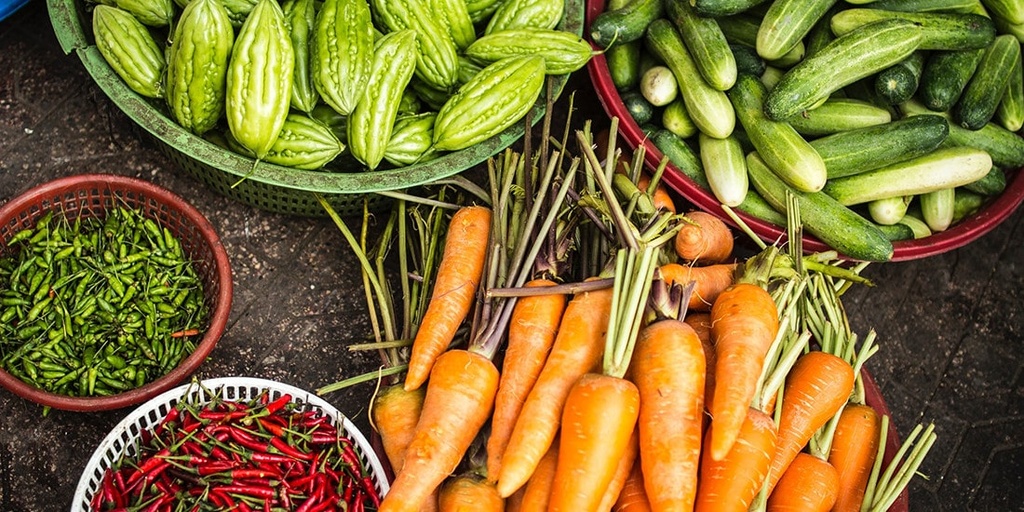Eat less dairy
- Earth Points
- 20
- Ease
- Medium

Photo by Stijn te Strake on Unsplash
Description
Dairy farming has existed since at least the 6th millennium BC as part of unspecialized, subsistence farming practices. More recently, however, the practice of large-scale, specialized dairy farming has taken off. There are around one billion cows worldwide. This growth has coincided with a rise in atmospheric greenhouse gas concentrations, which is no coincidence. On its current scale, the dairy industry has serious implications for the global climate, not to mention the well-being of cows.
The impact of dairy is greater than the combined climate pollution of aviation and shipping, which are two industries that are synonymous with climate change. Dairy alone today is more than the total global emissions for the year 1898.
Cud-chewing animals like cows generate methane, a greenhouse gas significantly more potent than carbon dioxide, during digestion. Additionally, their manure, when decomposing, releases both methane and nitrous oxide, another potent greenhouse gas. Dairy farming is resource-intensive, requiring substantial amounts of land, water, and other resources. This leads to a cascade of environmental issues, including deforestation, water contamination, and biodiversity loss.
There are also compelling health reasons to consider reducing your intake. Dairy products are a significant source of saturated fats. This can lead to an elevated risk of heart disease, diabetes, obesity, and even Alzheimer’s disease. Dairy consumption has also been associated with the exacerbation of acne in both teenagers and adults. Furthermore, research has indicated that consuming dairy may increase the risk of developing certain types of cancer, including breast, ovarian, and prostate cancer. (Source). There is also evidence that the global trend of declining male fertility may be partially related to an increase in dairy consumption!
Consider reducing your dairy intake for the sake of our over-heating planet and to lead a better life.
Tips
• Be patient with yourself. Transitioning away from dairy can initially be a challenge. You might face cravings or social pressure, but always remember your motivations and take pride in your progress. You can also seek support from others who are on the same journey.
• Dairy consumption is likely ingrained in your daily habits. Therefore, think about how to reduce it in specific situations. For instance, consider substituting cow milk with plant milk, cow butter with plant butter, or cow yogurt with plant yogurt. Look for dairy-free alternatives to your favorite foods, such as pizza or chocolate.
• Fortunately, the options for plant-based dairy alternatives have never been better. Embrace the opportunity to experiment with new products to find ones that suit your taste. This exploration is part of the fun.
• Venture into the world of dairy-free cheeses, crafted from ingredients like nuts, seeds, tofu, and more. Different brands offer varying textures, some more melty and stretchy than others. You might need to sample a few before finding your preferred choice.
• Savor the taste of dairy-free ice cream, a delightful way to satisfy your sweet tooth without any dairy. Many options are available, including those based on coconut, almond, soy, oat, or cashew.
• Give nutritional yeast a try. This flaky, yellow powder imparts a cheesy flavor and can be sprinkled on pasta, popcorn, salads, or soups for an added flavor boost. Nutritional yeast is also a good source of protein, fiber, and B vitamins.

